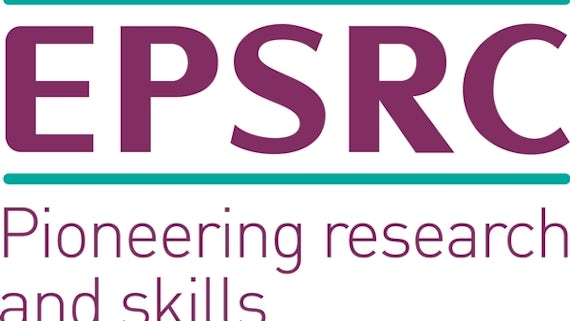EPSRC funding awarded to develop bio-sensors
24 Chwefror 2015

Medical engineers at Cardiff School of Engineering are among a group of researchers who have been awarded £1.86 million Engineering and Physical Sciences Research Council (EPSRC) funding grant for research into healthcare technologies. This project is part of a £5.3 million EPSRC investment into healthcare research.
The project that Cardiff University is involved in will focus on adaptive and assistive rehabilitative technologies that can be used outside of a clinical setting. In collaboration with the University of Warwick, the University of Kent, UCL (University College London), Oxford Brookes University, University of Salford and University of York, researchers will design and develop cheap, disposable, unobtrusive bio-sensors such as temporary tattoos and smart watches to use with patients who use wheelchairs or prosthetics as well as older people.
The study will collect data and monitor how patients use equipment provided to them, and also measure how they follow exercise advice at home, for example, after a stroke or accident. The research will also develop software that uses the bio-sensor information to support users with their equipment or exercises in their own home.
Currently there is no picture of what happens after a patient leaves the clinic. Anecdotally, poor use of equipment or not following physiotherapy guidance on exercise can lead to more complex health problems. The information gathered through the bio-sensors will benefit patients and enable them to leave hospital sooner and enable clinicians and medical technologists to understand conditions, better support patients in their home environment, and improve or adjust the design of equipment for patients.
Christopher James, project lead, and Professor of Biomedical Engineering, University of Warwick said: “The new information we will gain from this research will be invaluable, and through a feasibility study, it is our aim to produce a system ready for future technical/ clinical trials within the NHS.”
Philip Nelson, Chief Executive of EPSRC said; “These research studies will improve patients’ lives, allow greater independence and benefit patients with a wide range of mobility and co-ordination difficulties. With the UK’s ageing population and a rise in disabilities EPSRC investment in healthcare research has a national impact.”